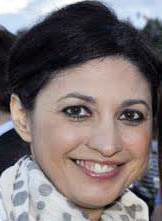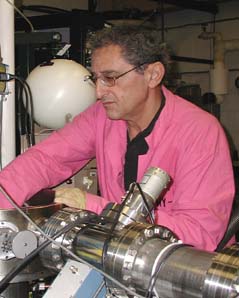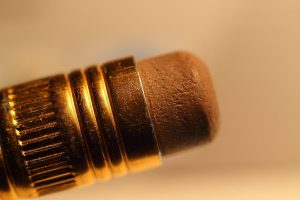A nanotechnology journal has retracted two papers coauthored by a scientist in France who is accused of manipulating or reusing graphs and figures in nearly two dozen instances, Retraction Watch has learned.
The scientist, Jolanda Spadavecchia (pictured), is research director at the French National Centre for Scientific Research (CNRS). In December, an article in the newspaper Le Monde described allegations of misconduct in Spadavecchia’s lab.
Spadavecchia is second author of one of the retracted papers, “Interaction of Thermus thermophilus ArsC enzyme and gold nanoparticles naked-eye assays speciation between As(III) and As(V);” she is senior author of the other, “One-pot synthesis of a gold nanoparticle–Vmh2 hydrophobin nanobiocomplex for glucose monitoring.”
Continue reading Journal pulls papers by embattled scientist at national research center in France







